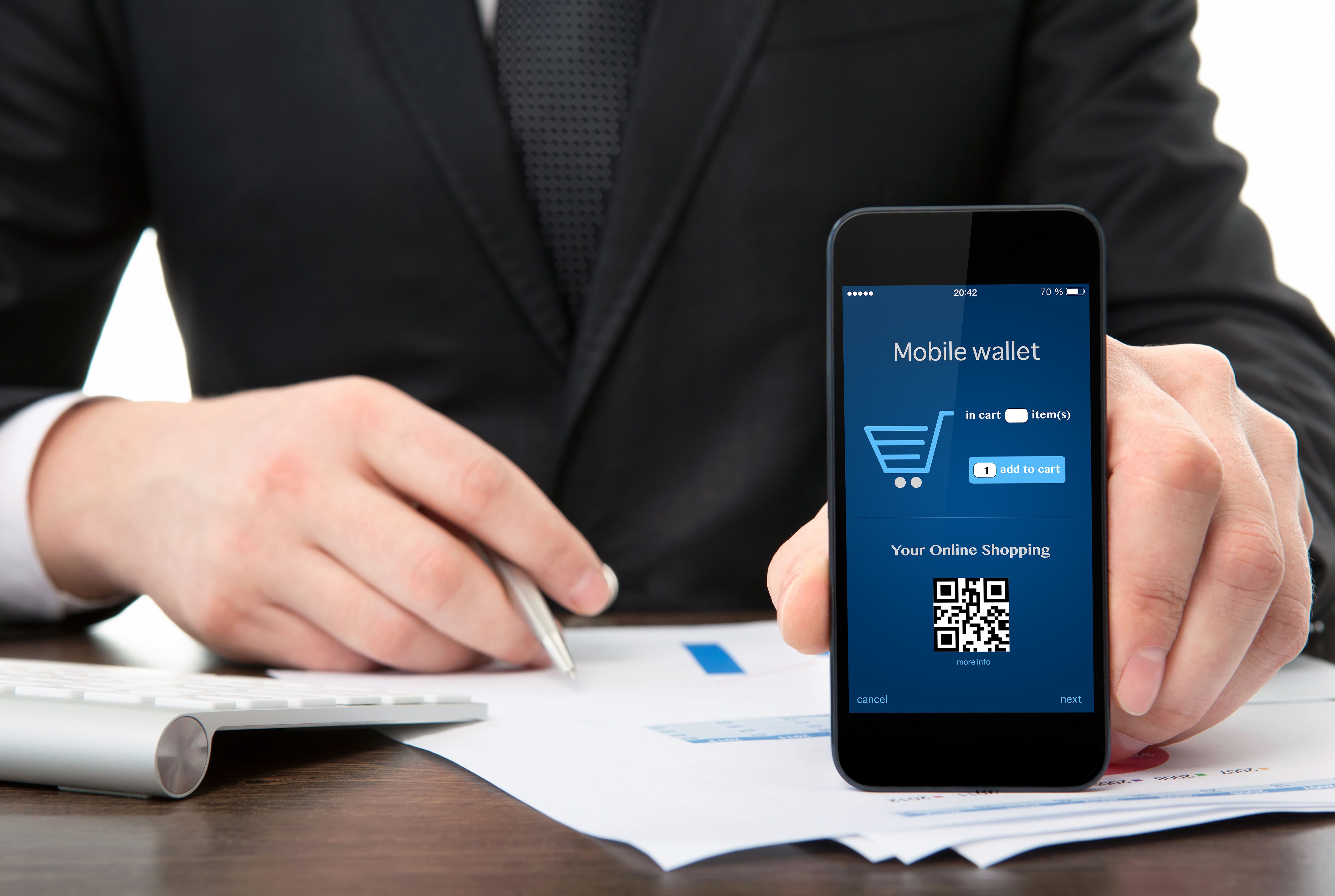Time has published a story entitled “Whythe U.S. Lags the World in Mobile Payments” which highlights how advancedother countries are regarding mobile payments:
“InHong Kong, residents regularly pay for goods, services, and public transit, allwithout swiping or signing. Instead, shoppers can simply wave their Octopuscard, which uses a technology similar to Apple Pay, at checkout and go on theirmerry way. Octopus Holdings claims95% of people in Hong Kong between ages 16 to65 use its product, and Octopus is accepted at 14,000 retail outlets. Even moreimpressive, the card’s swipeless technology has been incorporatedinto phones,and yes, watches too. When did this magical future tech launch? Hong Kong hashad Octopus since 1997.
ApplePay-like services are also old news in Japan, a country where mobile paymentsare already ubiquitous. Afterall, it was Sony that invented the region’s majormethod of short-range data transfer. That technology eventually came to powerHong Kong’s Octopus card, as well as a slew of Japanese mobile wallets. Today,nearly every cell phone sold in Japan (other than the iPhone) comes with mobilepayment technology built in by default.
TakeshiNatsuno, a former executive at one of Japan’s largest wireless carriers, oncebragged, “When I leave my house in the morning all I take with me is my phone,which lets me do everything—pay, take public transport—simply by swiping aspecial reader in shops, stations or airports.” Sounds just like the promise ofApple Pay, except Natsuno said that in 2004.
Butthe world leader in mobile payments isn’t a glittering Eastern city. Accordingto the Economist, that title belongs to Kenya and its revolutionary cellphone-based payment system, M-PESA. Launched in 2007, the service allows usersto essentially text money back and forth while using telecom giant Safaricom,M-PESA’s creator, as a bank. Deposits and withdrawals are made throughSafaricom’s network of 40,000 agents. Once money is in the system, it can besent to any other M-PESA customer—even merchants—via a phone menu. Thanks toM-PESA, the Economist notes, “paying for a taxi in Nairobi is easier than it isin New York.””
The article then provides a few perspectives regarding whyAmerica lags the other countries.
First is our aversion to new technology:
“Whyis the U.S. so far behind other countries? There isn’t a single answer. Atleast in Asia-Pacific, major players may just be more willing to adopt thelatest tech. “The thing hindering mobile payment development and contactlesscards is that there’s an infrastructure set up in place and banks [andmerchants] feel compatible with the current infrastructure,” said TheresaJameson, senior analyst at Datamonitor Financial. “Certain markets are morewilling to adopt new payment technologies.”
Second is the inertia generated by the existing credit cardand mag stripe:
“AsThompson points out, another reason behind America’s stagnation in the mobilepayment space is simply the inertia of the credit card system. Magnetic stripecards are accepted by as many as 9 million U.S. businesses, and it will take anenormous investment to make Apple Pay even half as prolific. However, incountries like Taiwan and Kenya, where credit card penetration is low, orJapan, where there is a cultural aversion to debt, new alternatives were givenan opportunity to flourish because credit cards had not already dominated themarket.”
So yes, having several safe and secure payment networksalready established and operating on multiple real-time networks createsinertia, but the problem is much more complicated than this, literally. The complexity of the US market is entirely unique.
No other country has as many consumers and businessesalready connected to multiple payment networks. No other country has an equally complex value chain and regulatorystructure built around every payment network, payment type and bank. No other country has an equally complex valuechain and regulatory structure built up around every mobile network. No other country offers a similar breadth ofchoice to its consumers related to merchants, payments, Internet networks,mobile carriers and banks. All thischoice and regulation has indeed established an insane amount of inertia and sopatience will indeed be required. However given the number of merchants and consumers safely exchanging roughly$5 trillion dollars annually today, the opportunities associated with effectingchange are equally large.
Overview by Tim Sloane, VP of Payments Innovation for Mercator Advisory Group
Read full article at Forbes










